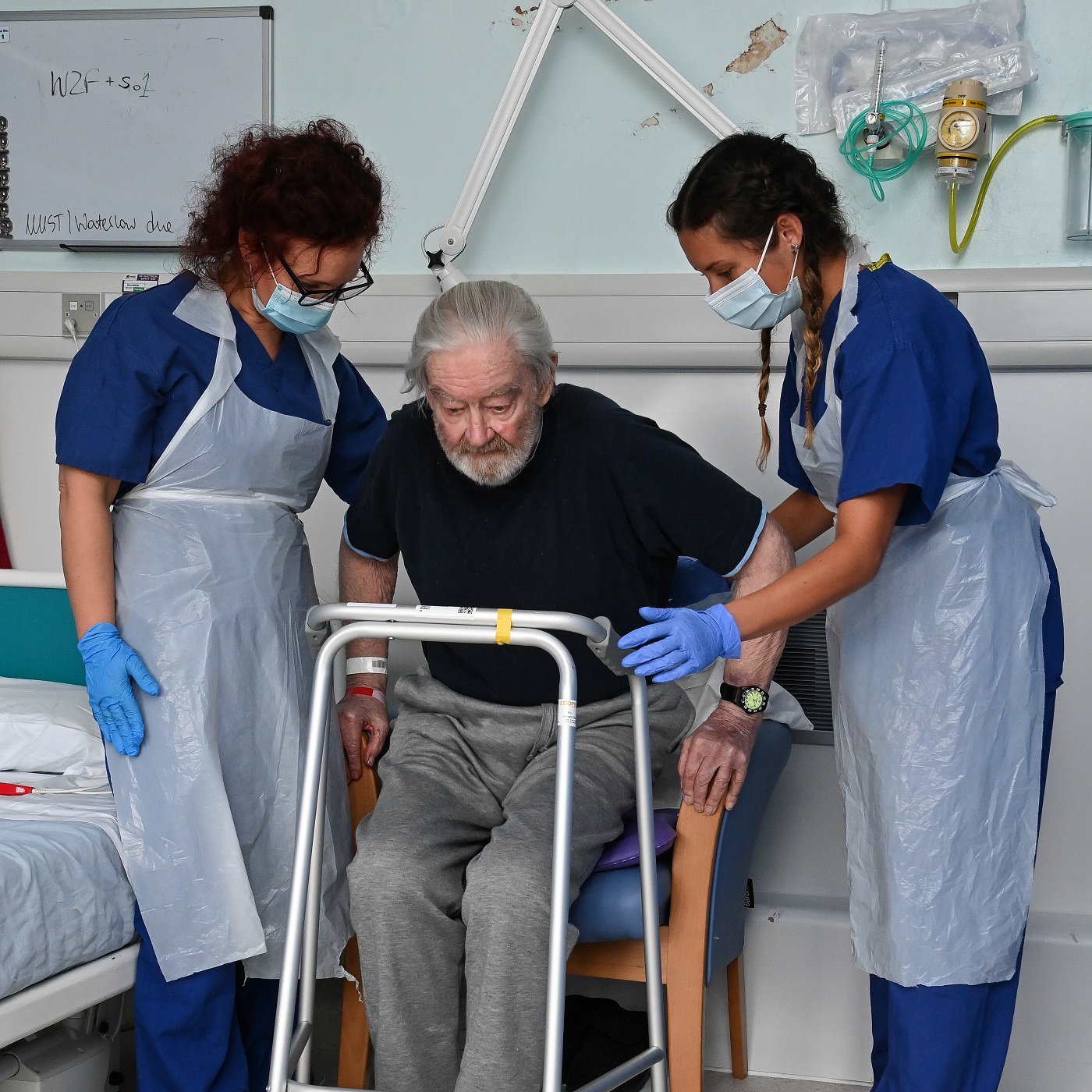The future of public services
Social enterprises play an essential role in the delivery of high quality, best value public services. Find out why social enterprises are the future of public services
Social enterprises delivering public services
From the NHS to schools, social care to waste collection, public services are at the heart of all our lives and our communities. The UK’s public services are a powerful social enabler and economic force. The provision of public services affects all citizens and employs millions of people. The cost of providing them sees billions of pounds move round the UK economy.
Every day, thousands of social enterprises are delivering billions of pounds of high-quality public services to millions of people across every community in the UK. Social enterprises run bus routes and nurseries, they manage waste and social housing. They deliver health care and social care, run leisure centres and sports facilities. All over the UK social enterprises are making a difference to people’s lives.
These social enterprises can sometimes offer more innovative, flexible and entrepreneurial alternatives to in-house public sector delivery models. But crucially, profits are reinvested in communities, not diverted to wealthy investors, private equity firms or off-shore tax havens.
The state and its role in responsible procurement
Government bodies at a local and national level have outsourced public services, often purchasing them from private companies. Our research has highlighted the real risks of the development of a ‘shadow state’ where a small number of companies can build up large and complex stakes in public service markets, leading to them being potentially able to wield disproportionate control while being held to limited accountability and transparency.
Too often, policy-makers and politicians think and talk about public services as if there were only two alternative models – public or private, nationalised or privatised. Social enterprises offer an alternative option – one that combines innovation with a commitment to delivering social value.

The Social Value Act
Social Enterprise UK was instrumental in the establishment of the Social Value Act and has helped drive its implementation. The Act places an obligation on public bodies to consider how the services they commission and procure might improve the economic, social and environmental well-being of the area they operate in and it is having a transformative impact on the commissioning landscape.
The Social Value Act requires public bodies in England and in some parts of Wales to consider choosing providers based on the social value created in an area and not on cost alone.
Building on this work, on the tenth anniversary of the Act in March 2022, we launched our Social Value 2032 programme. This aims to work with stakeholders from the public, private and third sectors to embed social value across all public sector procurement. Every year, our Social Value Leaders’ Summit brings together leaders from across sectors to discuss and debate the future of procurement. In 2025, we were joined by the Minister responsible for overseeing the public service reform and public sector procurement, Georgia Gould MP.

Social enterprises delivering health and social care
Like all public services, NHS and social care are delivered by a range of organisations. GPs are often privately owned, hospitals often take a ‘trust’ model and social care provision can sometimes be owned by private equity firms.
Social enterprises are a valued and vital part of the NHS family, running community care services, GP practices, out of hours services, mental health support, drugs and alcohol rehabilitation centres and services for those with learning disabilities. A third of community health care services being delivered by social enterprises. Many social enterprises emerged from Primary Care Trusts and other parts of the public sector – they deliver community health, mental health, public health and social care services worth almost a billion pounds per year. Some also identify themselves as spin-out mutuals, and some are employee-owned businesses. Here are two examples of social enterprises transforming the delivery of healthcare.

How we help health and social care social enterprises
Our Health and Social Care Programme aims to raise the profile of health and social care social enterprises with decision makers to make sure they are recognised as a critical element of public service delivery.
We’ve fought, and won, battles to ensure social enterprises aren’t excluded from decisions such as public sector pay rises, and hold regular peer networking and learning events, including quarterly meetings with key figures in the healthcare sector through our Health and Social Care Network. This is open to any social enterprise working in this space that is a Social Enterprise UK member and brings together organisations to share learning around issues such as commissioning, governance, recruitment, finance and more.
We have delivered a programme for the Department of Health looking at how CCGs can implement the Social Value Act, offer training and webinars, influence policy through our role on the Provider Voice Forum with senior Department of Health civil servants and deliver research, such as The Social Value Difference in Health and Care Commissioning or The 12 Steps to Embedding Social Value Priorities.

Find out more about social enterprise delivering healthcare services in this film
Research published in 2023 from the University of Birmingham and Georgia State University showed how CIC social enterprises delivering social care services have the highest overall quality ratings when compared with non-profits, for-profits and government run providers.
Reasons cited as to why this might be the case include greater innovation and staff engagement.
You can find out more about the key findings in this short film and policy briefing.

